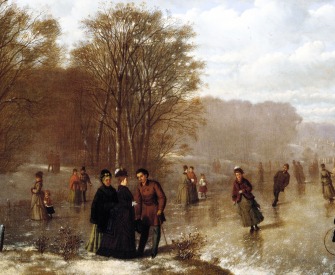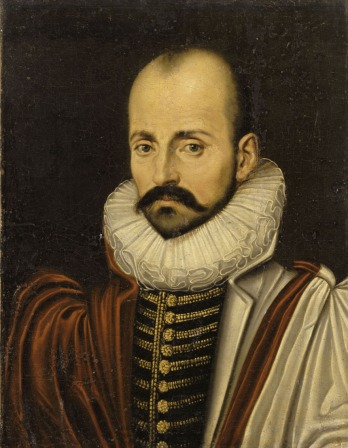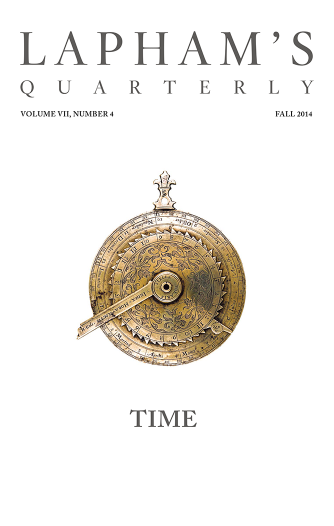When Jove looked down and saw the heavens figured in a sphere of glass,
He laughed and said to the other gods,
“Has the power of mortal effort gone so far?
Is my handiwork now mimicked in a fragile globe?
An old man of Syracuse has imitated on earth
the laws of the heavens, the order of nature, and the ordinances of the gods.
Some hidden influence within the sphere directs the various courses of the stars
and actuates the lifelike mass with definite motions.
A false zodiac runs through a year of its own,
and a toy moon waxes and wanes month by month.
Now bold invention rejoices to make its own heaven revolve
and sets the stars in motion by human wit.
Why should I take umbrage at harmless Salmoneus and his mock thunder?
Here the feeble hand of man has proved nature’s rival.”
“Minora 51.” Based on autobiographical details found in his surviving works, Claudian is believed to have been born in Alexandria circa 370. Around the age of twenty-five, he moved to Italy, switched to writing in Latin rather than Greek, entered the service of the high-ranking general Stilicho, and composed this poem about the sphere of Archimedes. The Roman Senate erected a statue of Claudian in the Forum, a rare honor, in 402. “As a poet Claudian is not always despicable,” wrote the classicist Maurice Platnauer, even if “he mistook memory for inspiration and so is often wordy and tedious.”
Back to Issue



